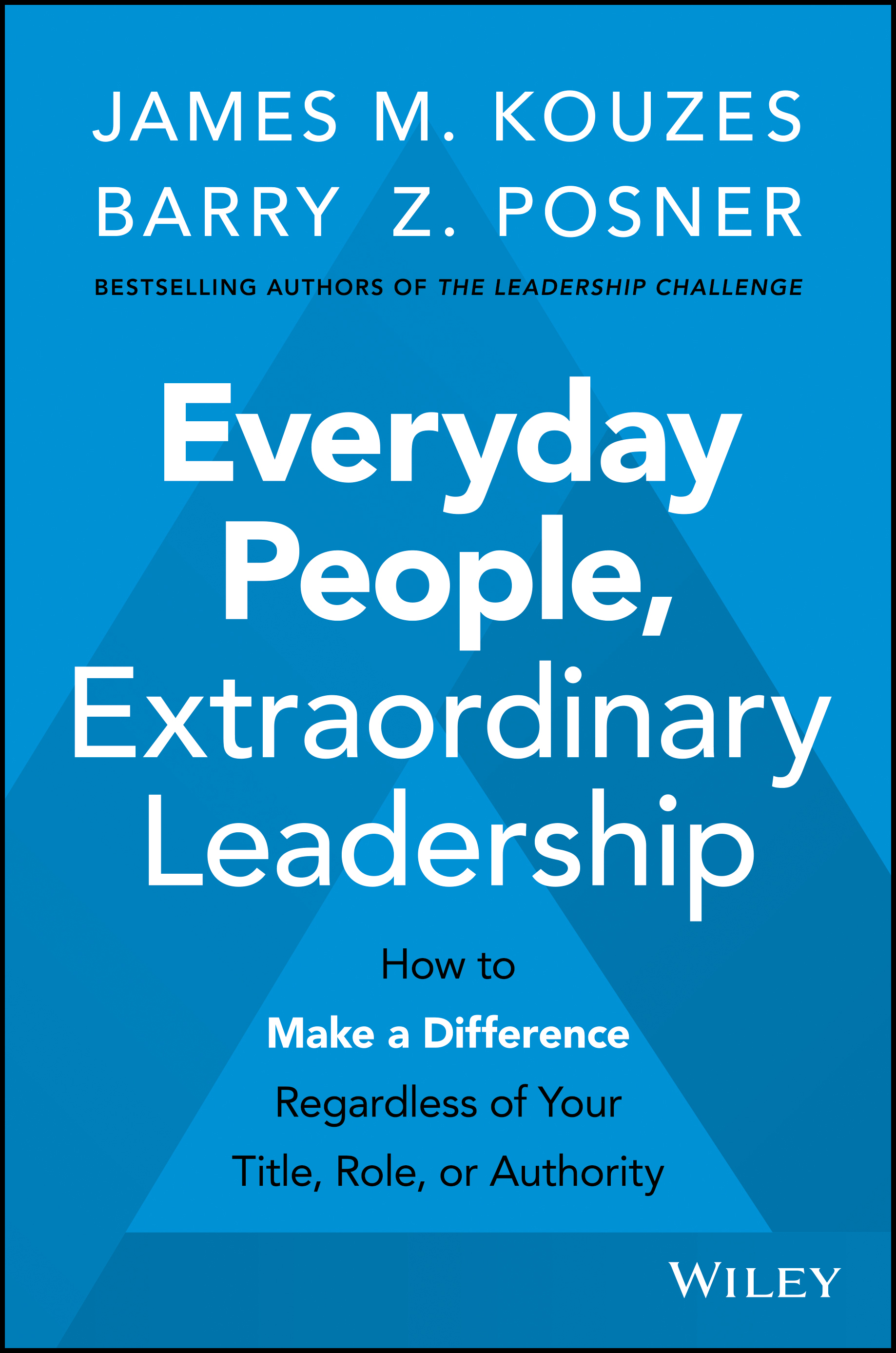Leaders know they can’t do it alone. Grand dreams don’t become significant realities through the actions of a single person. In their personal-best cases, they showed their appreciation of this truth with statements such as: “It was necessary to take into consideration each person’s perspectives and ensure that the decisions were made by the team and not individual decisions,” “The key was building relationships with people who were needed to help us make this happen,” and “Giving them the space and latitude to do their work gave them the confidence to do what hadn’t been done before.” Leadership is a team effort, not a solo performance, and to make extraordinary things happen in organizations exemplary leaders Enable Others to Act.
Leaders proudly discussed how they had to foster collaboration by building a climate of trust and facilitating relationships. They engage all those who were necessary to make the project work, and develop collaborative relationships with colleagues. They are considerate of the needs and interests of others. They bring people together, creating an atmosphere where people understand they have a shared fate and that they should treat others as they would like to be treated. They make sure that everyone wins.
This experience underscores how the work of leaders is making people feel strong, capable, and committed. Leaders strengthen others by increasing self-determination and developing competence and confidence. People don’t stick around for very long or perform at their best if their leader makes them feel weak, dependent, or alienated. People will give their all when you can strengthen their belief that they can do more than they ever thought possible. In fact, it was not unusual for people to indicate that when working with their best leaders, they gave more than 100 percent of themselves to the endeavor because that leader was able to bring out from them more than what they themselves had imagined. When people have confidence in you and your relationship with them is based on trust they are most willing to take risks, make changes, and maintain forward momentum.
Encourage the Heart
The climb to the top of any new and challenging endeavor is arduous and steep, and it is not surprising that people can become exhausted, frustrated, and disenchanted. Leaders indicated in their Personal-Best Leadership Experiences that they had to Encourage the Heart of those with whom they were working to carry on, especially when they might have been tempted to give up. They said things such as: “You have to show people that you care about them as people and how they are capable of doing a lot more than they think,” “Praise and encouragement are the best gifts because people need to have their hard work and efforts acknowledged, to know that they are making a difference,” and “We were generous with compliments and this allowed us to feel good about ourselves, and when you feel good you are more productive.”
Genuine acts of caring, whether exhibited in dramatic gestures or simple actions, uplift people’s spirits and keep them motivated. It is part of a leader’s job to recognize contributions by showing appreciation for individual excellence. Over the years, we’ve seen thousands of examples of individual recognition and group celebration, from handwritten thank you notes to marching bands and biopic video ceremonies. But recognition and celebration aren’t about fun and games — though both abound when leaders encourage the hearts of their constituents. Encouraging the heart is also not about orchestrating formal awards ceremonies or throw- ing parties designed to create some artificial sense of camaraderie. It is about celebrating the values and the victories by creating a spirit of community.
Public encouragement is valuable because it’s how you visibly reinforce what’s important and show appreciation for actions that sup- port the team’s values. Whether striving to raise quality standards, recover from disaster, or make a dramatic change of any kind, people must see the benefit of aligning behavior with cherished values. When celebrations and rituals are done with authenticity and from the heart, you build a strong sense of collective identity and community spirit that can carry a group through tough times.




